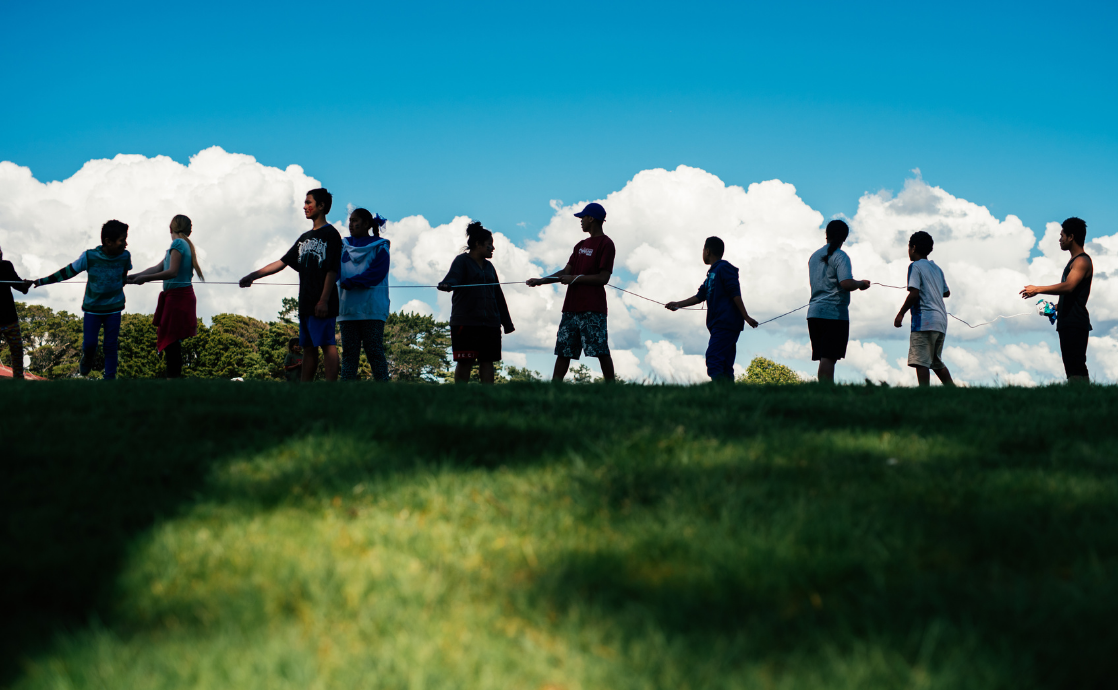In recent years, New Zealand has emerged as a vibrant hub for youth-driven movements that advocate for social consciousness through various artistic expressions. Such movements, especially in music, often invoke critical reflection on societal issues while resonating with the aspirations and concerns of a younger demographic. One fascinating inquiry might be: how can the teachings of the Bahá’í Faith, particularly regarding unity, justice, and service to humanity, galvanize youth to create impactful music? This exploration unveils the intricate interplay between the ideological foundations of the Bahá’í Faith and the burgeoning youth movement in New Zealand.
To comprehend the essence of this phenomenon, it is essential to consider the foundational principles of the Bahá’í Faith. Central to its teachings is the idea of unity in diversity, which posits that, despite the myriad differences among humanity, there exists an underlying oneness that binds all. This notion is particularly pertinent for young individuals seeking to articulate their experiences and challenges through music. By embracing this principle, they can forge a sense of community, collaboration, and shared purpose that transcends cultural and social barriers.
Moreover, the Bahá’í emphasis on social justice encourages youth to engage with the pressing issues of their time. Youth movements are increasingly characterized by an acute awareness of social inequities, environmental degradation, and systemic injustices. The Bahá’í perspective provides a robust framework for addressing these concerns, advocating not just for artistic expression but also for proactive engagement in societal reform. As they confront realities like climate change and social inequality, these young artists can utilize their platforms to inspire collective action and foster a deeper societal consciousness.
In New Zealand, the synthesis of these Bahá’í ideals with contemporary musical expressions is evident in the emergence of various genres that highlight social themes. Reggae, hip-hop, and folk music, for instance, have become conduits for messages of peace, equality, and environmental stewardship. Artists within these genres often draw inspiration from the teachings of the Bahá’í Faith, crafting lyrics that reflect their commitment to uplifting marginalized voices and promoting social harmony. This leads to a crucial question: can music transcend mere artistic expression and serve as a catalyst for tangible social change? The growing popularity of socially conscious music in New Zealand suggests that it indeed has the potential to mobilize communities and inspire subsequent movements.
The role of youth as change-makers is further amplified through collaborative initiatives that blend artistic innovation with social activism. Music festivals, workshops, and community events in New Zealand frequently feature young Bahá’í artists who use their talents to build bridges with audiences. Through these engagements, they not only disseminate Bahá’í-inspired messages but also foster dialogues around pressing social issues. By creating spaces where diverse voices converge, they are able to amplify their impact and encourage greater involvement in the community.
However, the endeavor to integrate social consciousness into music is not without its challenges. The commercialization of music and the constraints of mainstream media can often dilute the authenticity of the messages conveyed. This raises significant concerns regarding the integrity of artistic expressions. Do artists compromise their ideals to attain broader recognition? Are they able to maintain their commitment to social issues while navigating the complexities of consumer culture? These questions invite critical examination as young artists strive to balance their creative aspirations with their dedication to advocacy.
In addressing these challenges, it is important for young Bahá’í artists to remain anchored in their foundational beliefs. By fostering a culture of authenticity, transparency, and resilience, they can cultivate a musical landscape that is both inspiring and transformative. Engaging with their community, grounding their work in the principles of the Bahá’í Faith, and cultivating a sense of solidarity with fellow artists can collectively enhance their efficacy as agents of change. Through this lens, music not only becomes a vehicle for personal expression but also a powerful force for collective awakening and mobilization.
In conclusion, the youth movement in New Zealand exemplifies a dynamic intersection of faith, art, and social activism, all of which are deeply rooted in the teachings of the Bahá’í Faith. As young artists embrace their roles as stewards of change, they challenge prevailing paradigms by weaving social consciousness into the very fabric of their music. In pondering the enduring question of whether music can be a force for social change, one might assert that, in the hands of committed and passionate youth, it is not merely possible; it is inevitable. Through their artistry, these young Bahá’ís signify a beacon of hope, illuminating pathways toward a more equitable and harmonious society.
